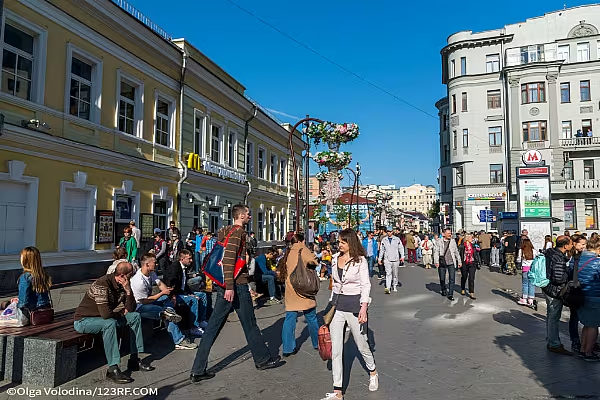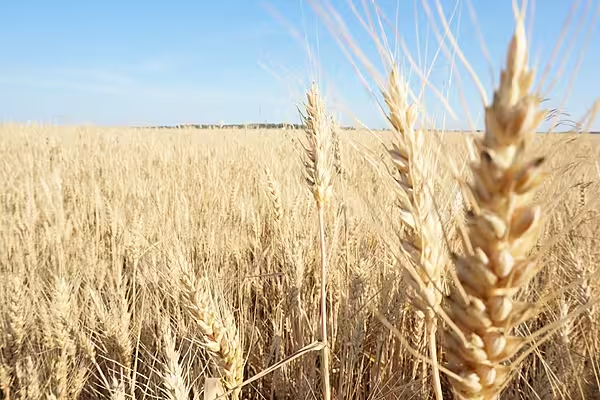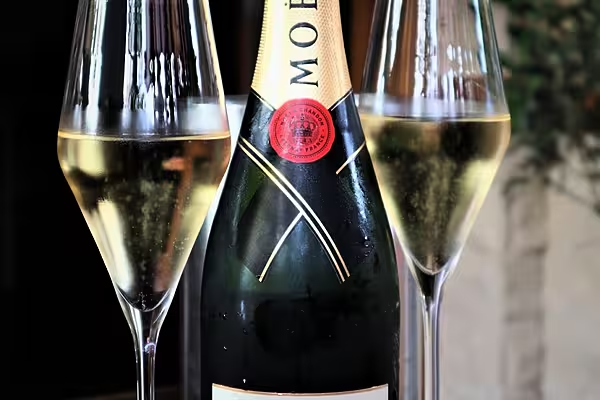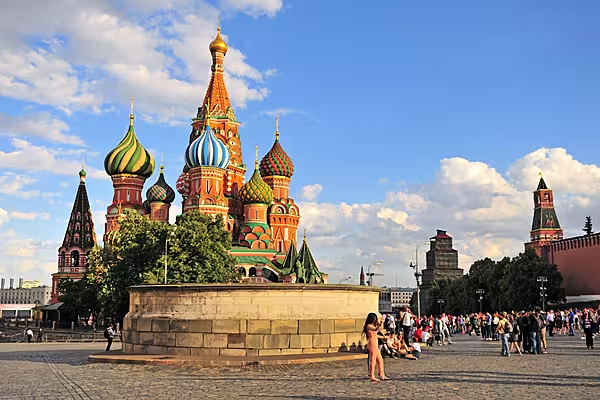Consumer prices in Russia declined 0.17% in the week to July 15 after sliding 0.03% a week earlier, data showed, keeping the door open for the central bank to consider cutting rates as soon as this week.
The rouble's strengthening and a drop in consumer demand have helped Russia rein in inflation, which soared to 20-year highs in annual terms after Moscow sent tens of thousands of troops into Ukraine on 24 February.
So far this year, consumer prices have risen 11.41% compared with a 4.51% increase in the same period of 2021, data from the Federal Statistics Service Rosstat showed.
Prices on nearly everything, from vegetables and sugar to clothes and smartphones, have risen sharply since 24 February.
Consumer Inflation
In a separate set of data, the economy ministry said annual consumer inflation slowed to 15.39% as of 15 July, down from 15.62% a week earlier.
Meanwhile, inflationary expectations among Russian households declined in July to 10.8%, their lowest level since March 2021, from 12.4% in June, data showed on Wednesday.
The central bank, which targets annual inflation at 4%, is widely expected to cut its key interest rate by at least 50 basis points from 9.5% at its board meeting on Friday, to limit the depth of economic contraction with cheaper lending.
The data on inflationary expectations increases the probability that the central bank could opt for a larger 100-basis-point cut on Friday, said Evgeny Suvorov, economist at CentroCreditBank.
High inflation has been the key concern among Russian households for years as it dents living standards, something that this year will be aggravated by the economic crisis triggered by unprecedented Western sanctions against Russia.
News by Reuters, edited by ESM – your source for the latest retail news. Click subscribe to sign up to ESM: European Supermarket Magazine.











